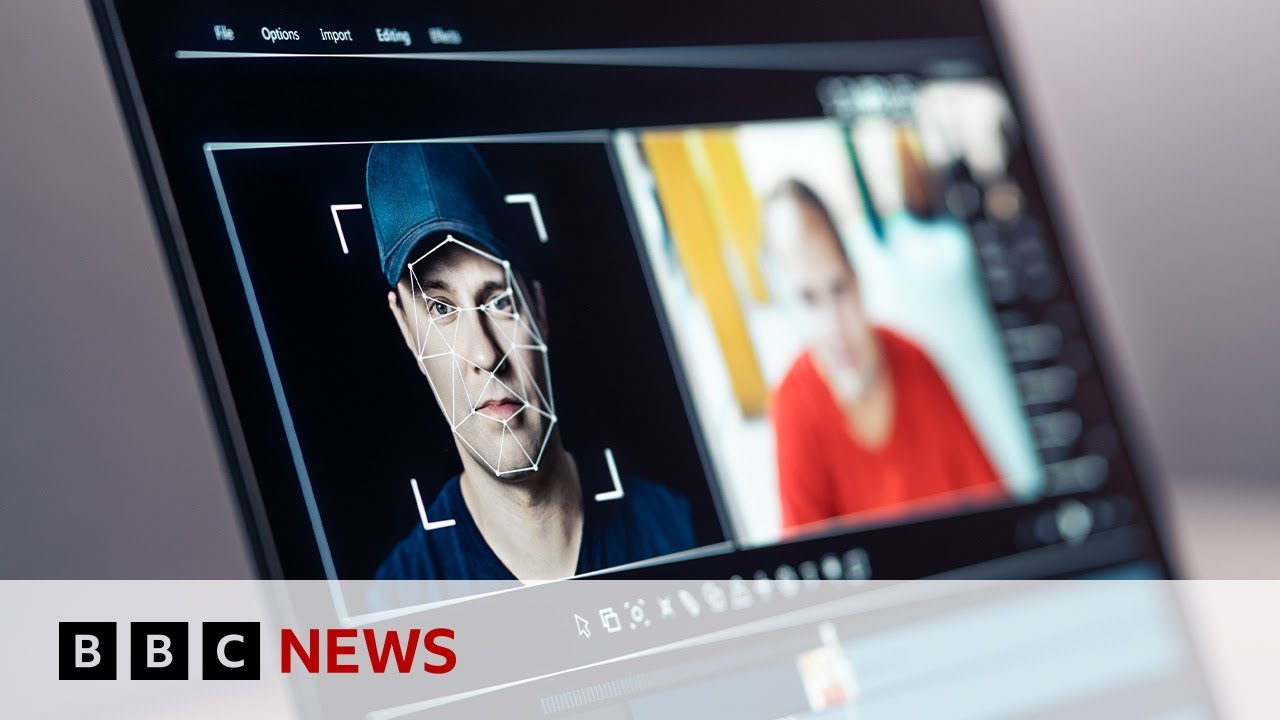The BBC News segment discusses the impact of AI video generation on Hollywood, highlighting its potential to reduce production costs and democratize filmmaking while raising concerns about job displacement and ethical implications. Filmmakers emphasize the need for guidelines to ensure that human creativity remains central in the industry, as AI tools can assist rather than replace traditional creative processes.
The BBC News segment titled “How AI Video Generation Impacts Hollywood” explores the transformative effects of artificial intelligence (AI) on the film industry, particularly focusing on text-to-video creation. This technology is being hailed as a revolutionary advancement that could significantly reduce production costs and eliminate traditional barriers faced by filmmakers. The segment highlights a partnership between Lionsgate and AI company Runway, which aims to train AI models using Lionsgate’s extensive film and TV archive. However, concerns about job displacement and the ethical implications of AI in creative industries are also raised, prompting calls for transparency and regulation.
Filmmaker and AI expert Samir Malal discusses the dual nature of AI’s impact on the industry. While it presents opportunities for new filmmakers to create content that was previously unattainable, it also threatens the livelihoods of seasoned professionals who have dedicated their lives to their craft. The conversation emphasizes the need for the creative community to define their relationship with AI and establish guidelines for its use to ensure that human creativity remains at the forefront of filmmaking.
The segment features Demi Guo, CEO of P Labs, a generative AI video startup that has raised significant investment. Guo explains how their AI model allows users to generate video content simply by typing descriptions, drastically reducing production costs. For instance, creating a feature-length film could potentially cost only a few thousand dollars, compared to the millions typically required. This affordability could democratize filmmaking, enabling more creators to bring their ideas to life.
However, the discussion also touches on the potential loss of jobs in the creative sector due to AI’s capabilities. Guo argues that AI should be viewed as a tool that assists creators rather than replaces them, emphasizing the importance of human input in the creative process. The segment raises questions about the ethical use of AI, particularly regarding the training data used to develop these models and the need for compensation for original creators whose work may have contributed to the AI’s training.
The segment concludes with insights from PJ Atero, a filmmaker who has utilized AI tools to create impressive video content at a fraction of the traditional cost. Atero acknowledges the potential for AI to disrupt the industry but believes it can also empower individual creators by providing them with the means to produce high-quality content without the constraints of traditional studio systems. The conversation underscores the ongoing debate about the balance between leveraging AI technology and preserving the artistry and emotional depth that human creators bring to storytelling.
